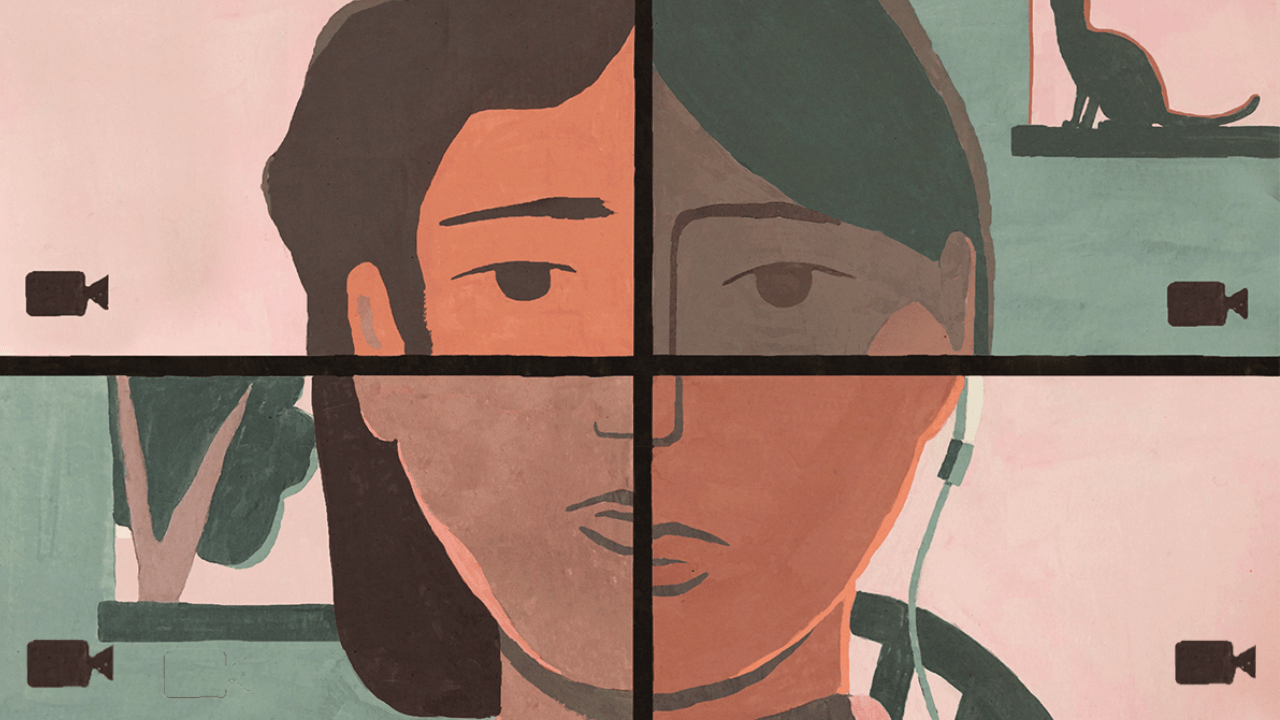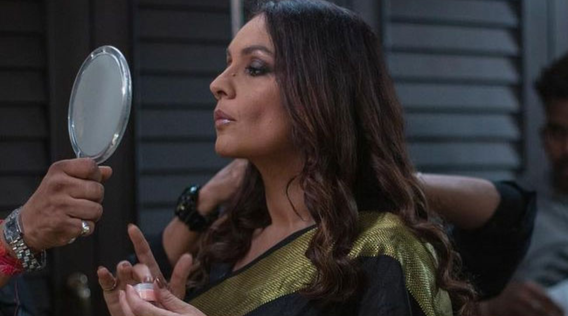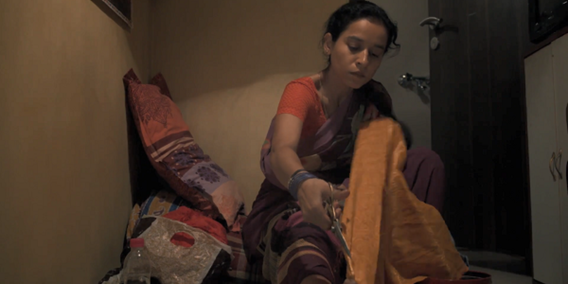Why Mental Health Deserves More Than Instagram Activism
This blog mentions suicide.
For as long as we can remember, psychology, mental health, psychiatrists and psychologists have been viewed through a certain lens of taboo. One of the most infamous portrayals of this taboo in India is the phrase: “Paaglon ka doctor paagal” (the doctor who treats crazy people is also crazy). The mental health care system of our country is fragile, and the social stigma adds to its weight.
That said, in recent years, something has shifted. Thanks to social media, the conversation has expanded. Influencers, NGOs, and even therapists themselves are making space to talk about mental health in creative, accessible ways. Instagram reels, carousels, and infographics are beginning to chip away at old prejudices.
But every time a celebrity opens up about their mental health — or worse, dies by suicide — the internet wakes up. Everyone’s posting. Everyone is talking about awareness. The surge of interest is powerful. But often, it comes with two serious consequences:
- It’s short-lived.
- Untrained individuals open their DMs to provide a “safe space” (often without qualification or training).
We understand the intent may be pure. But good intentions are not enough when it comes to mental health. As aspiring professionals, it’s heartening to see mental health being taken seriously. But the moment someone without a degree or license starts offering “support sessions” or opens up paid listening spaces, we begin to blur dangerous lines.
Here’s why it matters: social media already struggles with credibility. If everyone with a ring light and Canva account starts behaving like a therapist, it dilutes the work of those trained to do this professionally — and it puts both the sharer and the listener at risk. The person struggling might not get what they need. The person listening might get emotionally overwhelmed. Neither walks away helped.
Therapy is not just “ranting to someone nice.” It is a trained, ethical practice. Therapists in India must complete a postgraduate degree, supervised hours, and continued professional development. Before booking a session, always ask about credentials — your emotional wellbeing deserves no less.
Let’s Talk About Toxic Positivity
There’s another dangerous trend: the rise of motivational accounts that promote relentless positivity. While encouragement is welcome, the constant push to “stay positive” can become its own form of repression.
Suppressing negative feelings doesn’t make them disappear — it buries them deeper. Over time, this can lead to psychological consequences like insomnia, substance misuse, prolonged grief, and even PTSD. Feelings are meant to be felt. Not judged. Not ignored. Not posted over with “good vibes only.”
Feelings don’t need to be labelled as good or bad. They just need space to be processed.
Staying positive isn’t a long-term solution — nor is it sustainable. True healing often begins when we acknowledge our pain and allow ourselves to be witnessed without needing to perform recovery. And sometimes, professional support is part of that process.
So, What Can You Do?
Whether you have 100 followers or 100k, your words matter. Be mindful of what you share. Be even more mindful of what you offer. Do not promise what you are not equipped to hold.
If you’re looking to genuinely support mental health work in India, consider following credible, qualified sources like:
- The Thought Co.
- Trijog
- Decolonize Psychotherapy
- The Plane Jar
- Guftagu Therapy
- Imperfect Shrinks
- The Mind Clan
- The Soulful Mind
Remember: content is not therapy. But it can be a beautiful, supportive companion to therapy when shared responsibly. The conversation around mental health must continue — but it must do so with care.







